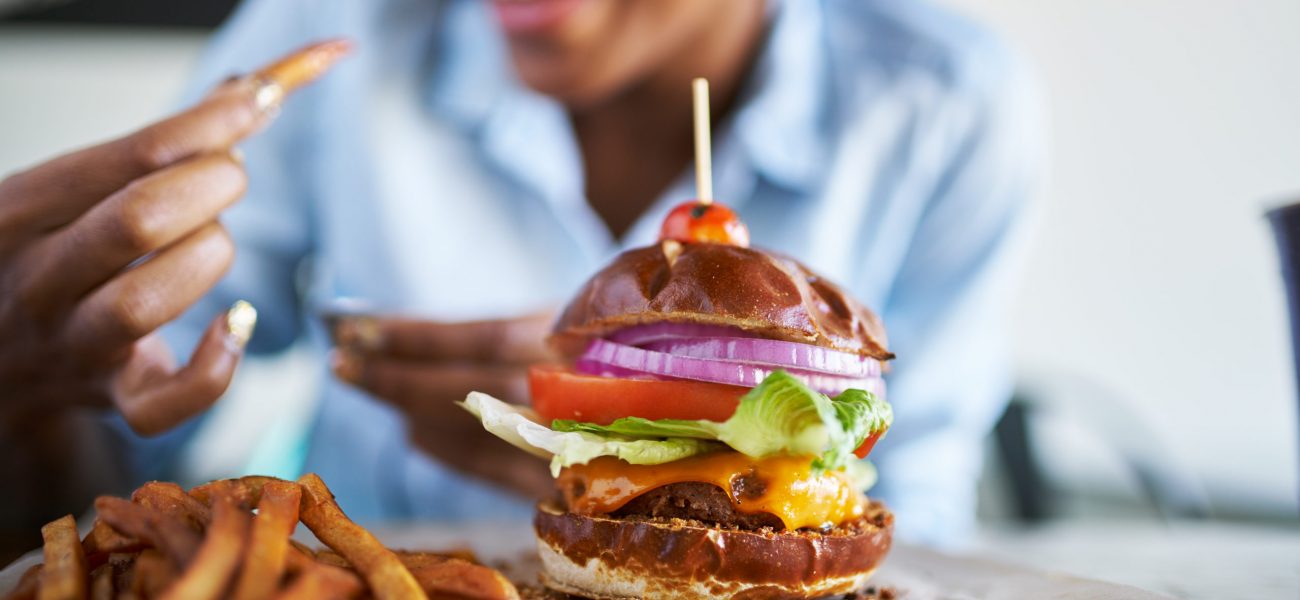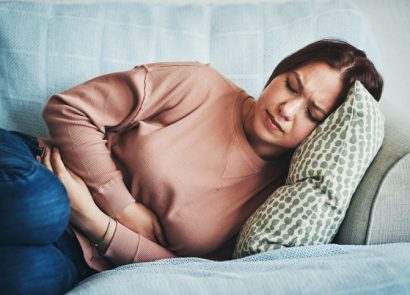I eat healthily during the week, but tend to binge eat on weekends. Am I sabotaging my efforts by doing this?
You know the drill: the weekend comes around and you give yourself permission to relax your food habits a little and before you know it, you’ve demolished half a loaf of bread, three packets of crisps and the remainder of the Christmas chocolate.
But binge eating is no joke. According to BEAT, binge eating disorder is a serious mental illness and it can affect anyone of any age, gender or background.
It’s where people experience a loss of control and eat large portions of food on a regular basis.
What does a binge eating episode look like?
- Eating much more rapidly than normal
- Eating until feeling uncomfortably full
- Eating large amounts of food even if you’re not feeling hungry
- Eating alone through the embarrassment of the amount of food being consumed
- Feelings of disgust, shame or guilt after the binge
So, what happens when we overindulge?
“Binge eating on fast food, such as cakes, crisps and biscuits (the items we crave on a daily basis) sets you back not only physiologically, but psychologically, too,” explains nutritionist Jeannette Jackson.
“You have to mentally gear yourself again to get ‘back on track’, and may even extend the unhealthy eating if you’re feeling tired and unmotivated.”
How can I beat the urge to binge?
It can be difficult to stop eating when you’re midway through a binge, so meal prep is key, says Jeannette. “This is so you’ve always got healthy food to hand. Treats are fine, but do be aware of portion sizes,” she warns.























